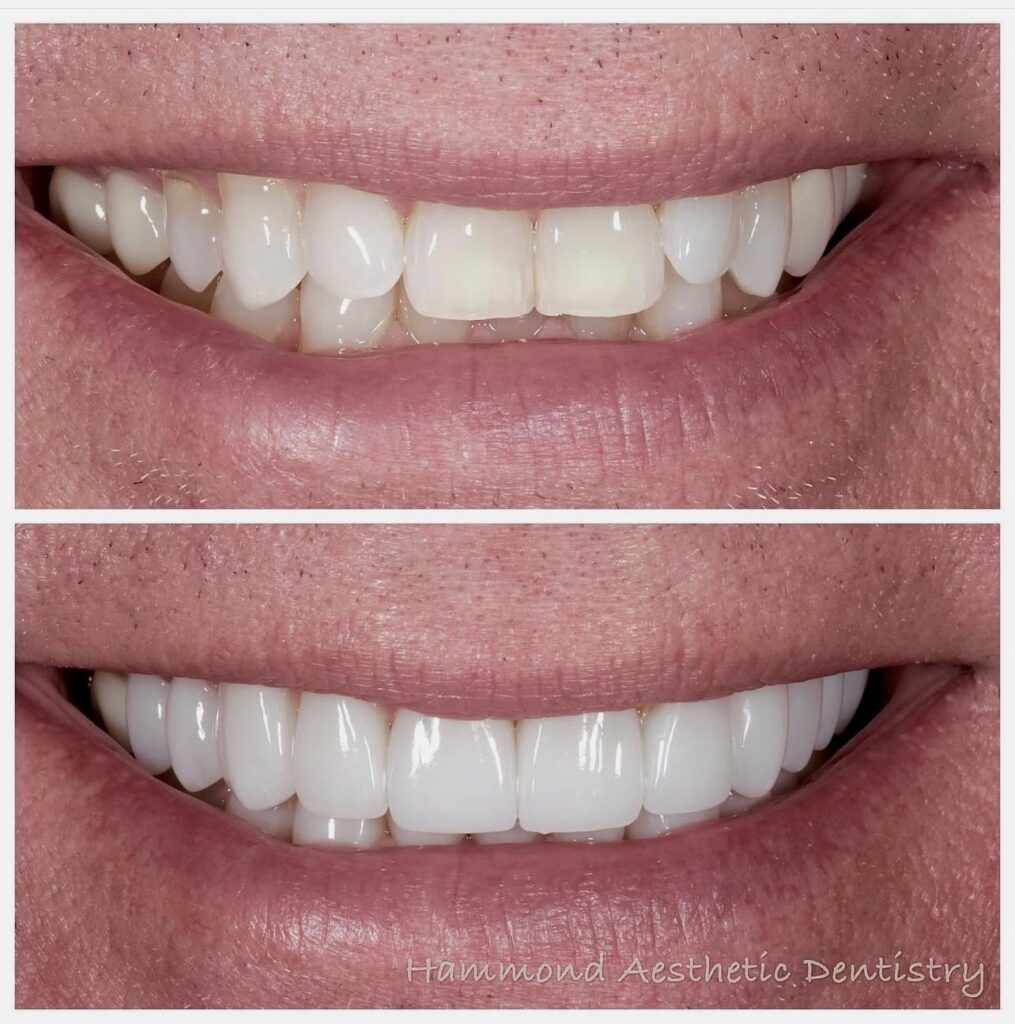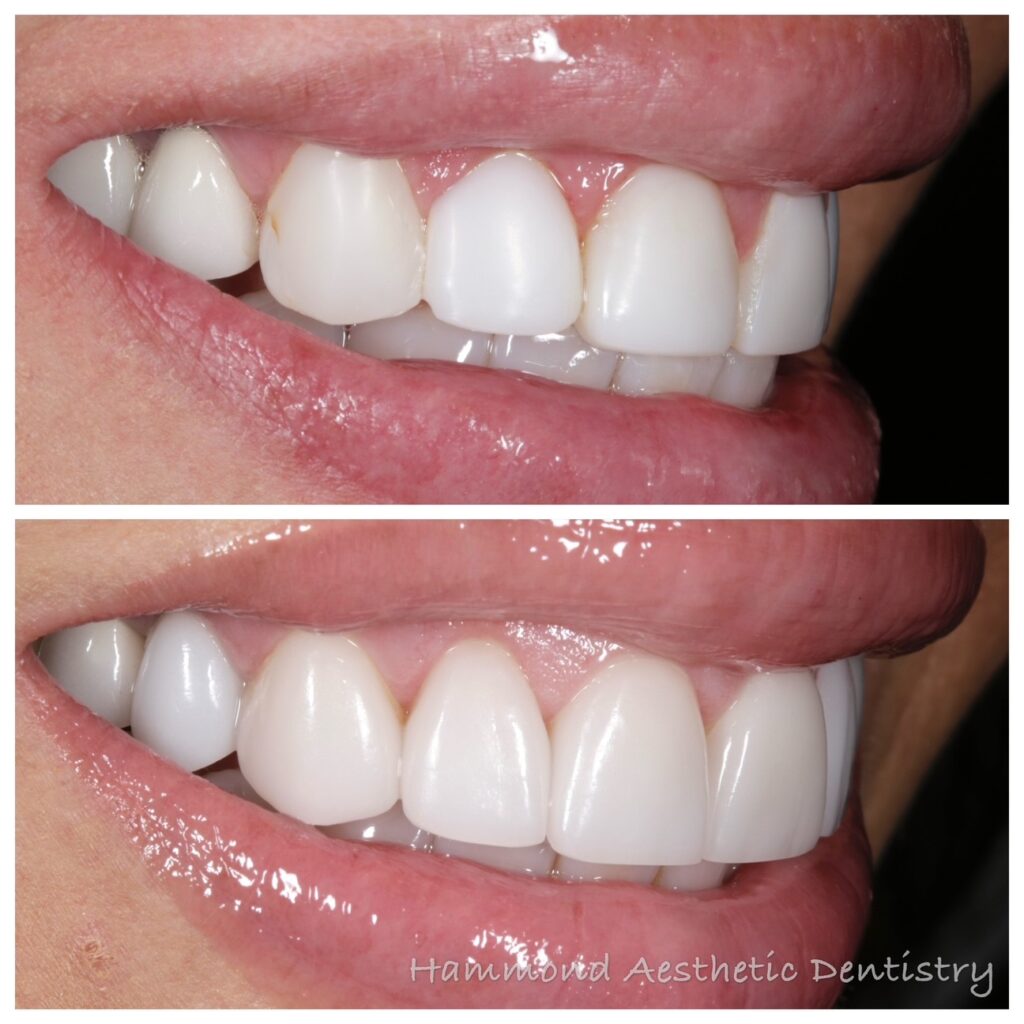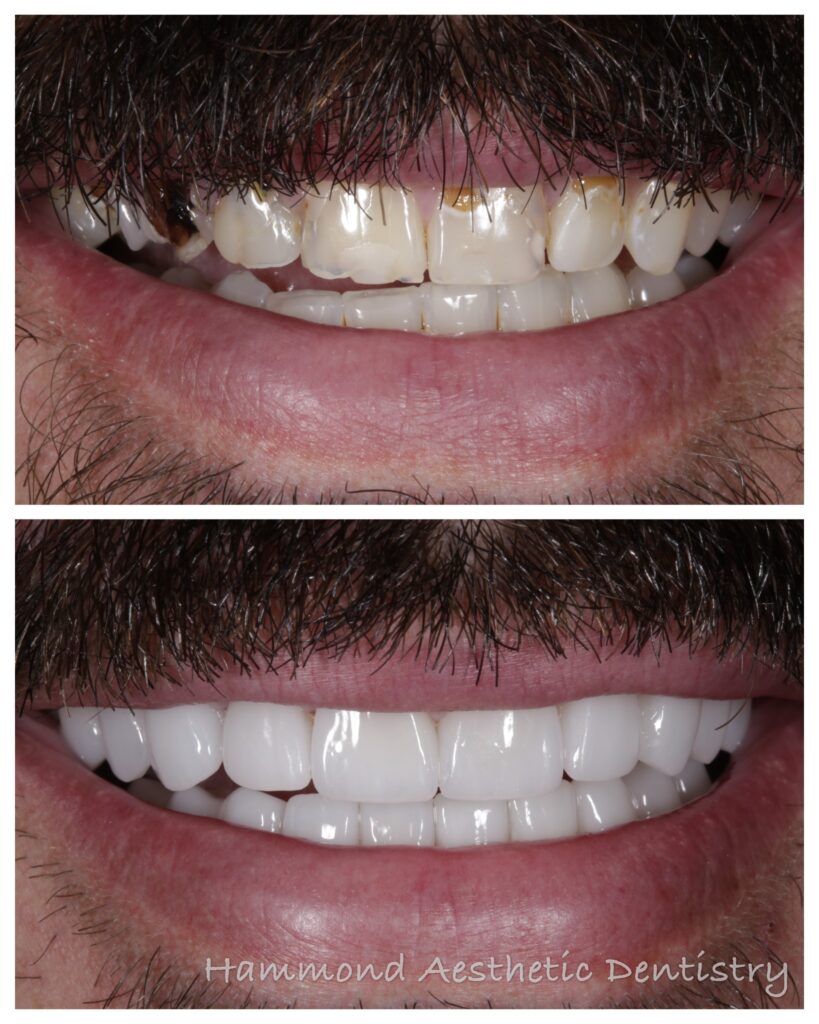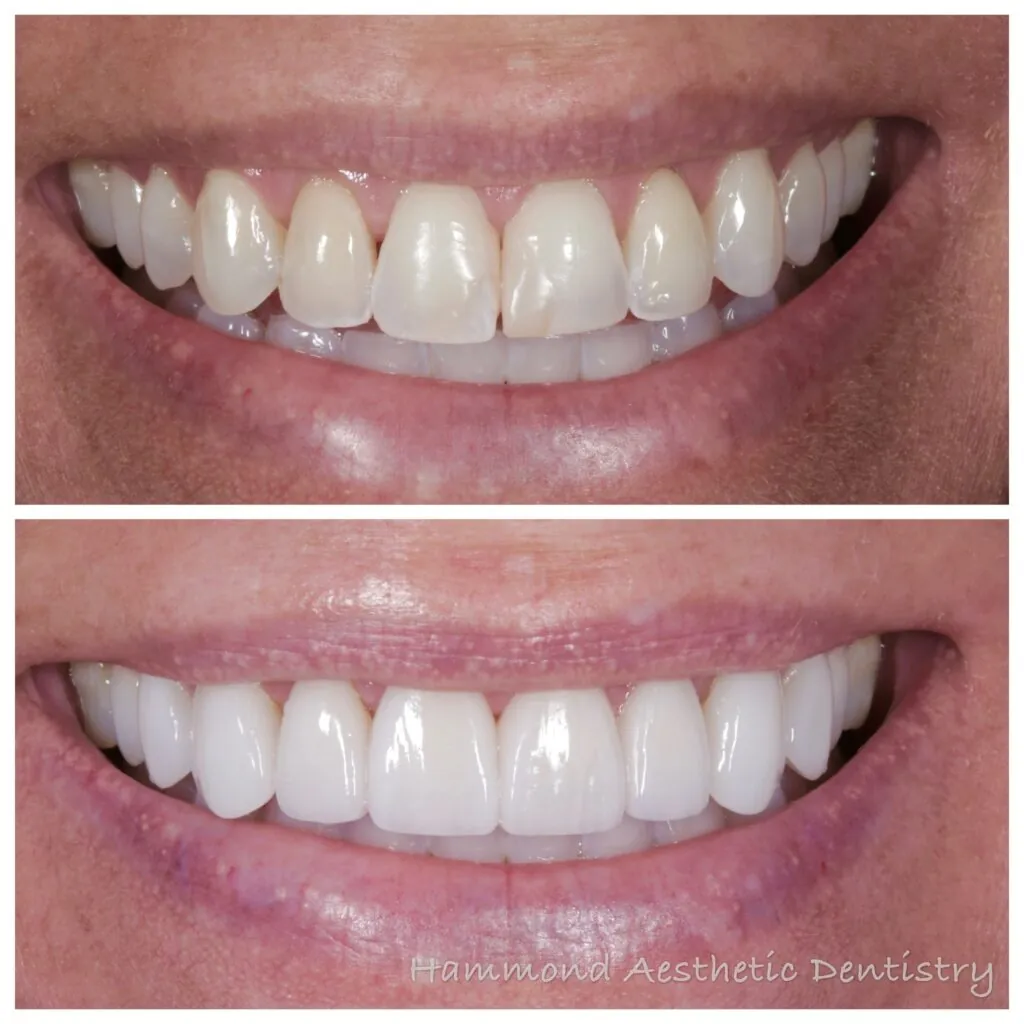Couples often possess similar dental habits, reports the Academy of General Dentistry.
According to a recent study, a person with clear dental neglect is 32 times more likely than others to have a partner with clear neglect. Likewise, a person without neglect is 5.4 times more likely to have a comparable partner. Persons “in denial” about their condition are one-and-a-half times more likely to have a similar partner, while the “worried well” are 3.6 times more likely.
The study suggests that social and environmental processes–above and beyond genetic components–shape dental neglect within families, and that either people select spouses with some parallel dental behavior, or spouses over time develop the same dental characteristics.
“When people live together, they have a tendency to adopt similar dental habits,” says Academy spokesdentist J. Nick Russo, DDS. “However, while living together is an important factor involved, there are other factors that influence their oral hygiene habits, including where they live, their social and financial status, and hereditary factors.”
Dr. Russo says that the results are promising because improving the oral health of one partner could be a motivational influence on the other partner.
“If a husband, for instance, comes into the dental office and is given quality care by the staff and a good understanding of proper home oral hygiene measures, he could be a positive reinforcement for his wife to better her oral health.”





